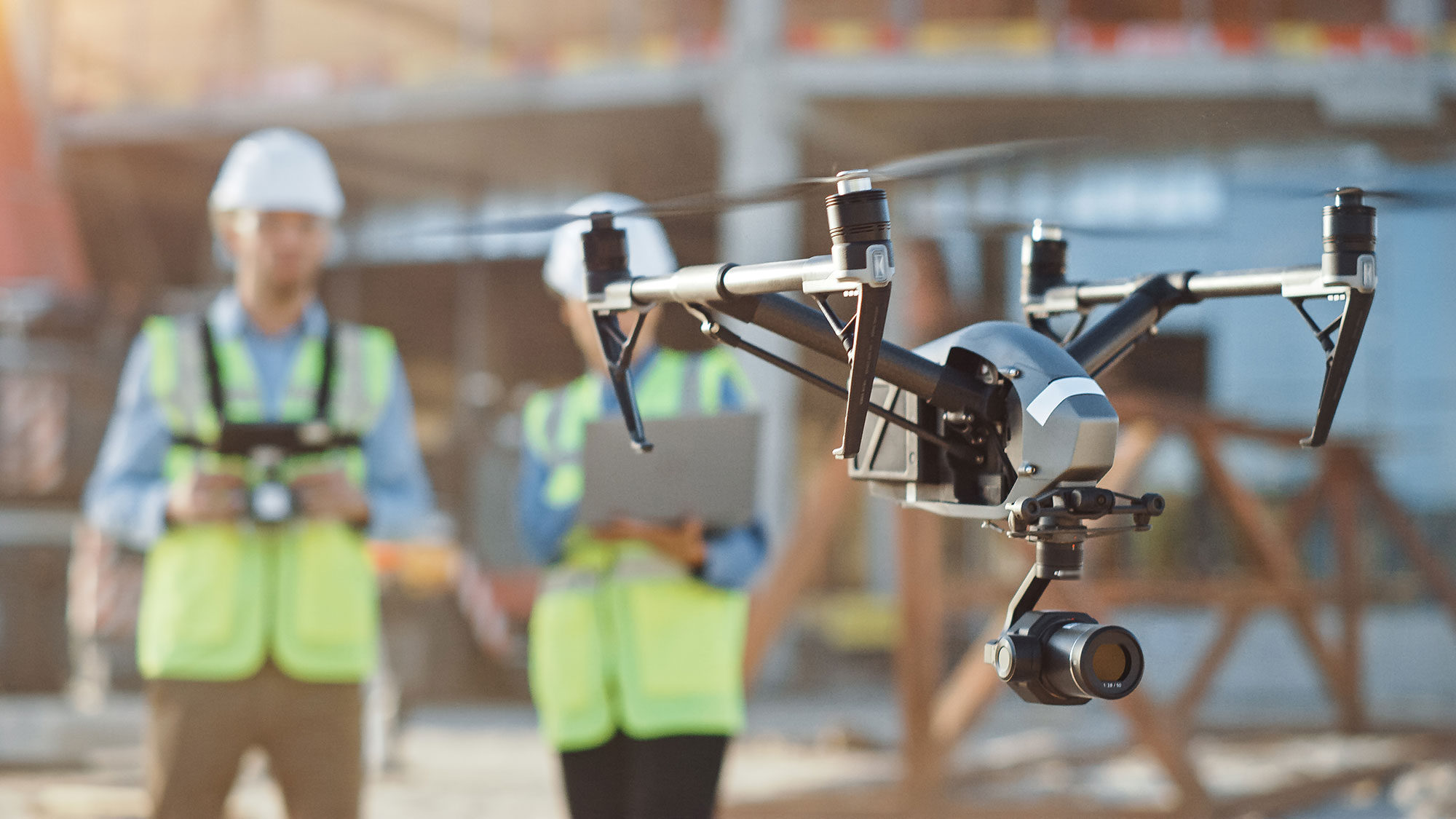Advertisement
Technological advances in the security field, specifically involving the use of drones, are changing the approach to safeguarding industrial properties and agricultural concerns.
But could remotely piloted aircraft (RPA) monitoring the immediate surrounds become a reality on private residential estates?
Fighting crime, not wars
When drones are mentioned, many people conjure up images of US Army action in Afghanistan and Iraq where, by 2005, tactical-level unmanned aircraft alone had clocked over 100,000 flight hours in support of various military operations.
Advertisement
Fortunately, the drones used commercially in South Africa today are much less destructive and, increasingly, are starting to feature prominently in the fight against crime of all kinds.
According to the South African Civil Aviation Authority (SACAA), it is imperative to obtain approval for the use of drones. But the red tape is well worth the slog, says the head of a national security giant.
Drone trials on Gauteng estates
Fidelity Services Group CEO Wahl Bartmann is proud to be the first security provider to introduce drones, under the banner of Fidelity Drones, in specified residential estates in Gauteng’s greater Fourways area.
Implemented in partnership with certified operators UDS Group, the project has been trialled in June and July, and is currently being extended to other suburbs, estates, and shopping centres.
‘It consists of a mobile command centre with a qualified pilot and a fully equipped state-of-the-art drone,’ explains Bartmann. The project is now taking the next step.
‘We have identified high-risk routes and hiding places in green belts, as well as vagrants occupying private land and thus posing a risk to resident communities. We have also noted that awareness around our drone operations has contributed to criminals second-guessing their normal modus operandi for illegal activities.’
No flying without papers
‘Drones need to be licenced and flight details approved to fly in certain areas. Operations can also only be conducted with the permission of the landowner or other designated person able to provide such authority,’ says Bartmann.
Chris Coetser of RPAS Consulting cautions wannabe drone flyers that the registration process is rather onerous.
‘On top of initial registration, audits are carried out every three to four months, and for every flight planned a Fuel Operations Manual has to be filled out. One practically writes a book for every drone flight undertaken!’ quips Coetser.
Mantis Risk Solutions GM Craig Peel concurs that drones can be of excellent use once all admin and operational training have been concluded but claims that the final obstacle lies with permission to fly over residential properties.
‘Getting all residents to agree to photographically survey their properties from above is often a niggly affair. So, some of the large companies only use drones in response to an occurrence.
‘Not surprisingly, no one ever asks why drones are flying overhead when there’s been an armed robbery,’ says Peel.
Manpower versus RPAs
Managers are waking up to the possibilities for additional estate security now being created by the proliferation of drone operations. But the jury is still out on drones replacing manpower or electrified barriers – particularly in eco-estates, where green strips and game corridors preclude traditional fencing.
‘Our command centre is linked to a tactical response unit for both reactive and proactive purposes. Customers contact a call centre to activate the drone response,’ says Bartmann.
‘We believe drones, specifically in conjunction with the deployment of mobile teams, act as highly effective and visible deterrent to criminals. It also assists to immediately locate unlawful elements once the outer perimeter on an estate has been breached, or in any scenario where suspects are at large within a security estate.’
While security companies are on board with the presence of a RPAs monitoring our residential surrounds, it appears to remain undesirable for many inhabitants of private estates. However, this could all change in time – especially given the recent riots.
Visit the aviation authority’s website at caa.co.za for drone registration guidelines.



